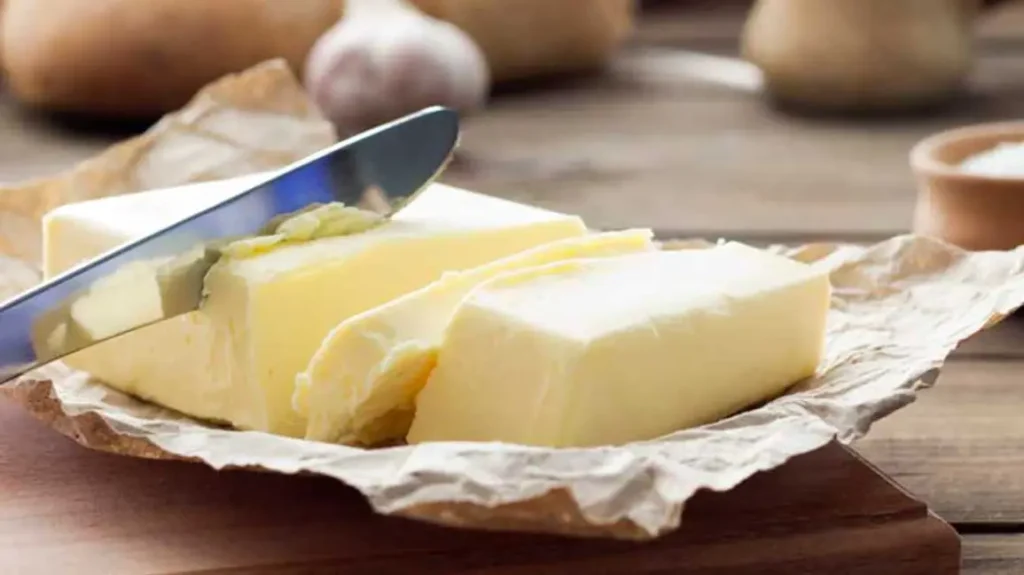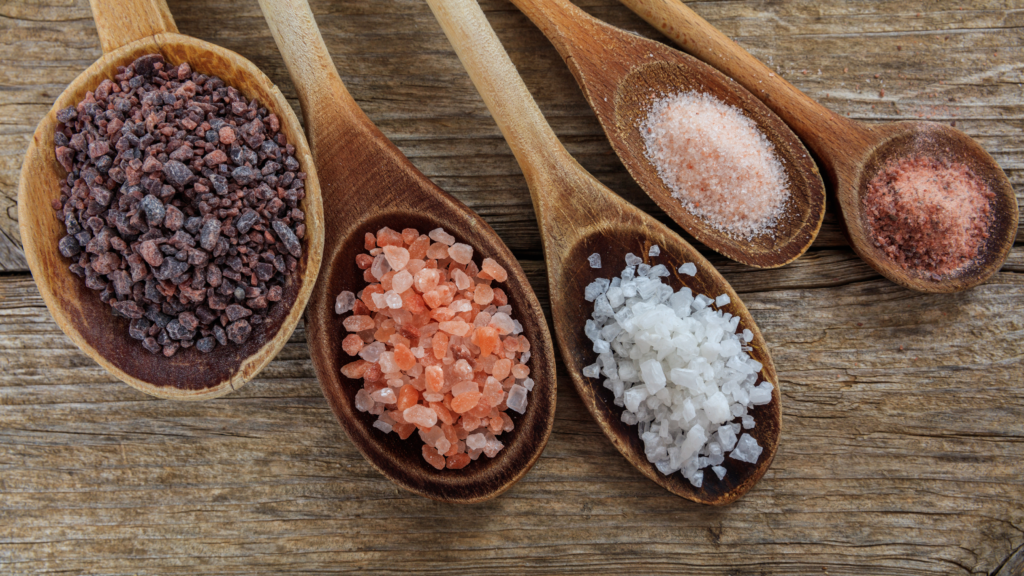
When you go to a super market or you order groceries online, you get multiple options for salt. At times, the choice gets tricky especially when someone in your family is suffering from ailments. Our expert Renal Nutritionist, Dr Rachana Jasani; has the following guidance if you are wondering the right type of salt to be selected.
All salts largely comprise of mineral sodium and thereafter other minerals like calcium, potassium, magnesium, iron, etc may be present in small quantities. Depending on these trace minerals, the salt cab be labelled as advantageous or disadvantageous in different health conditions. For example, low sodium salt is an excellent option for ones with hypertension (high blood pressure) as it contains better proportion of potassium than regular table salt which contains sodium chloride. This potassium helps in lowering the blood pressure. But when it comes to kidney disease or heart ailments with kidney disease, it is important to first have deeper understanding about different types of salt and its effect on the body. So, lets dive deeper to understand different types of salts and which are the ones that are best salt for renal patients ? (renal refers to kidneys)
1. Sea salt
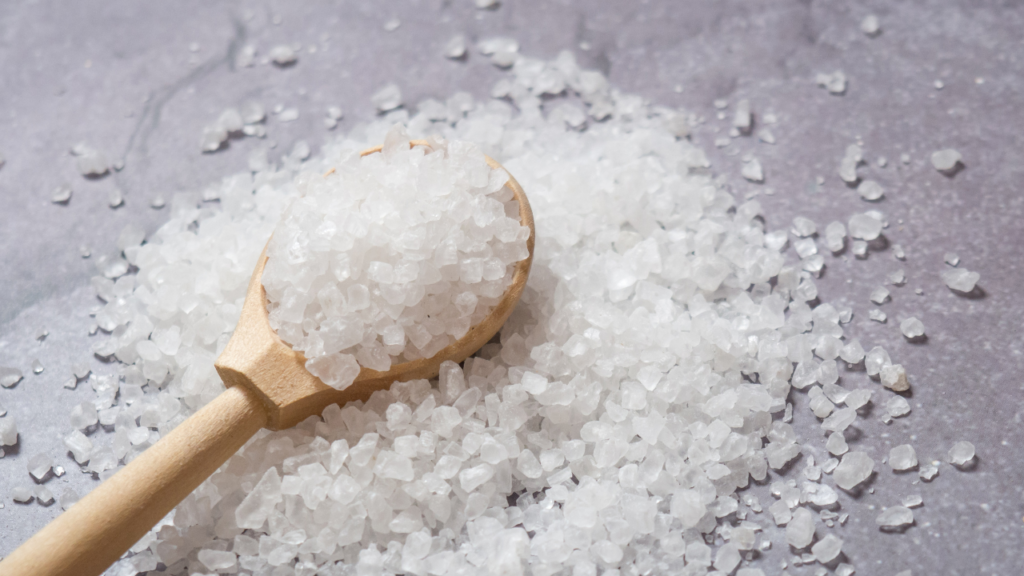
Sea salt is the salt that is obtained from sea water. It contains sodium chloride and several other minerals but it lacks iodine. It may also contain impurities based on the source from where it is obtained. It is available as uneven flakes and may be of white/ pink colour. Our Renal Nutritionist suggests that regular consumption of this salt is not recommended due to the lack of iodine.
2. Table salt
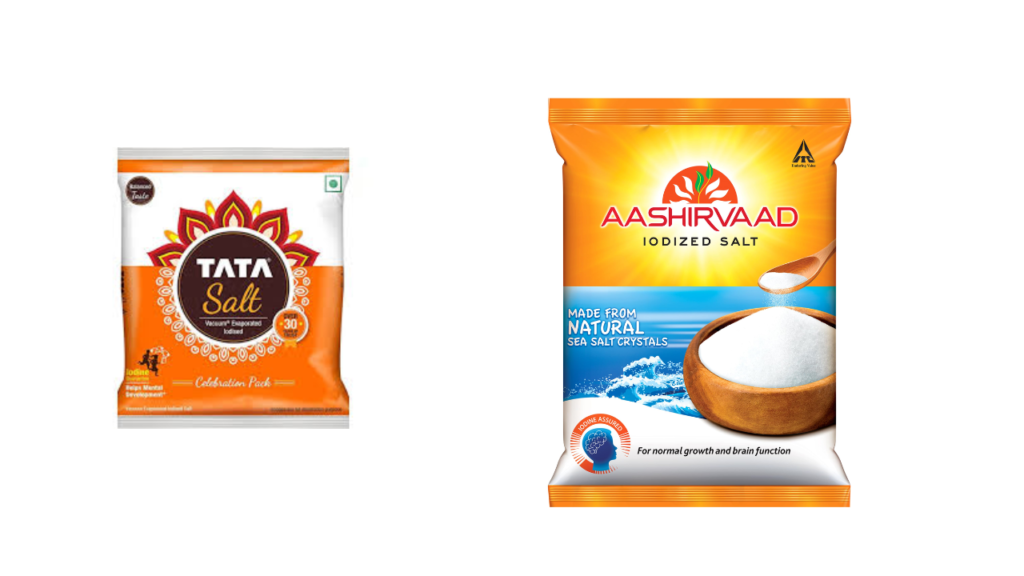
Table salt is the regular type of salt that is widely used for household as well as commercial purposes. It is obtained through mining from salt deposits and then is purified (refined) as well as processed. The processing includes iodization which is the most important step as iodine is an essential mineral required by the body. It plays a key role in maintaining thyroid functions as well as in production of hormones. The World health Organization (WHO) recommends addition of iodine to table salt in order to prevent conditions like goitre.
The WHO also recommends to limit the daily intake of salt to 5 grams i.e. 1 teaspoon per day for adults. This is mainly because excessive intake of salt can lead to various ailments like osteoporosis, high blood pressure, stroke, heart diseases, kidney stones, kidney diseases, etc. Hence, in order to keep all these ailments at bay; it is wise to eat less amount of table salt, avoid processed foods and instead prefer homemade food items.
Our Renal Nutritionist explains that when it comes to ailments such as chronic kidney disease, this is ‘the salt’ that should be preferred but in less quantity. There are 2 predominant reasons for this is: 1. Table salt which is sodium chloride does not contain larger proportion of potassium chloride and 2. It is fortified with iodine which is essential for the body.
So, this highlights the fact that table salt is one of the best salts for renal patients (including the ones on dialysis or post-kidney transplant)
3. Kosher salt
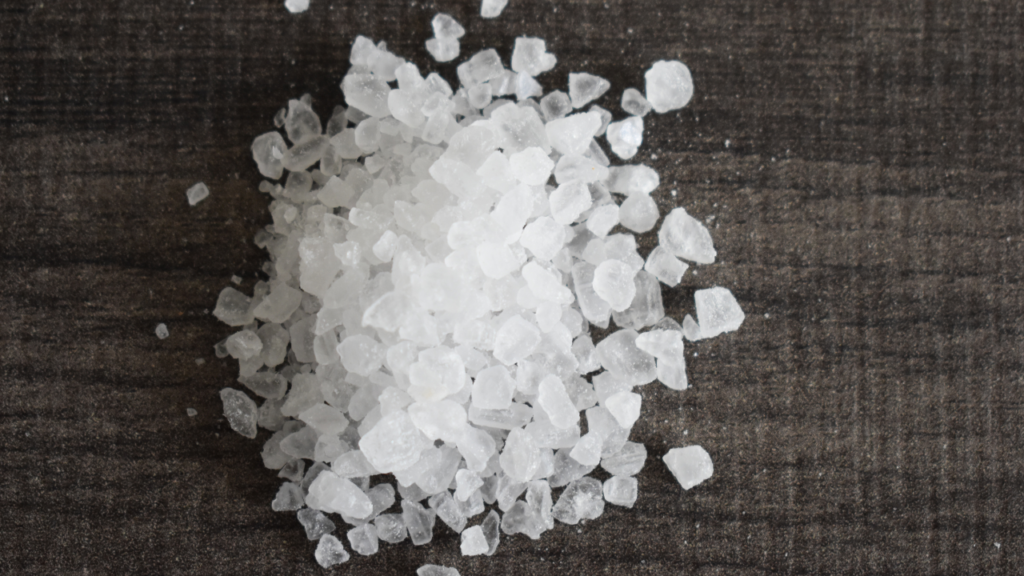
Kosher salt is a granular type of salt which is seldom used for making pickles or brines (salted water used as a preservative) as well as for curing or smoking meat (Our dadis and nanis used this salt for making pickles). It is obtained from salt mines but is usually larger and coarser in size than table salt. Some people do prefer to use this salt as it is less refined. But the downside is that it does not contain iodine. Devoid of iodine, it is not a good source of other minerals too. So, regular consumption of this salt is not advisable as per Renal Nutritionists.
4. Himalayan salt
The name Himalayan salt comes from the Himalayan ranges which is the main origin point of this salt. This salt is naturally pink in colour hence is also called as pink Himalayan salt. It has larger flakes and is usually not iodized and this is its only downside. Hence, before switching to this salt from your regular table salt, you should get the facts checked. In comparison to sea salt (0.08%), table salt (0.09%), kosher salt, this salt contains slightly higher level of potassium (0.28%) and hence is not considered a safe salt for kidney patients.
5. Rock salt (Sendha namak)
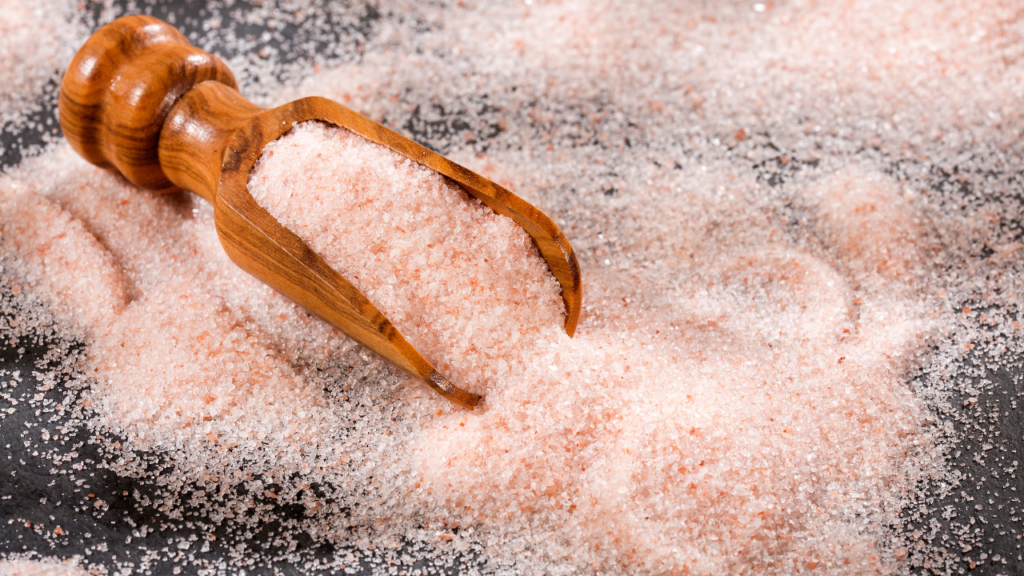
Rock salt is the residue that is obtained when sea water evaporates and leaves behind its crystals. Himalayan salt is a type of rock salt. Rock salt (sendha namak) is mainly used in Ayurveda to treat several respiratory tract infections as well as to improve digestion. However, this salt too does not contain iodine and that is its major downside
speaking about its use in kidney disease, there are 2 main reasons to avoid it in kidney disease: 1. The exact amount of potassium in it is not known but it does contribute to potassium which is a downside for kidney disease 2. It does not contain iodine. For these 2 reasons, it is not considered as a safe salt for kidney disease.
6. Low sodium salt
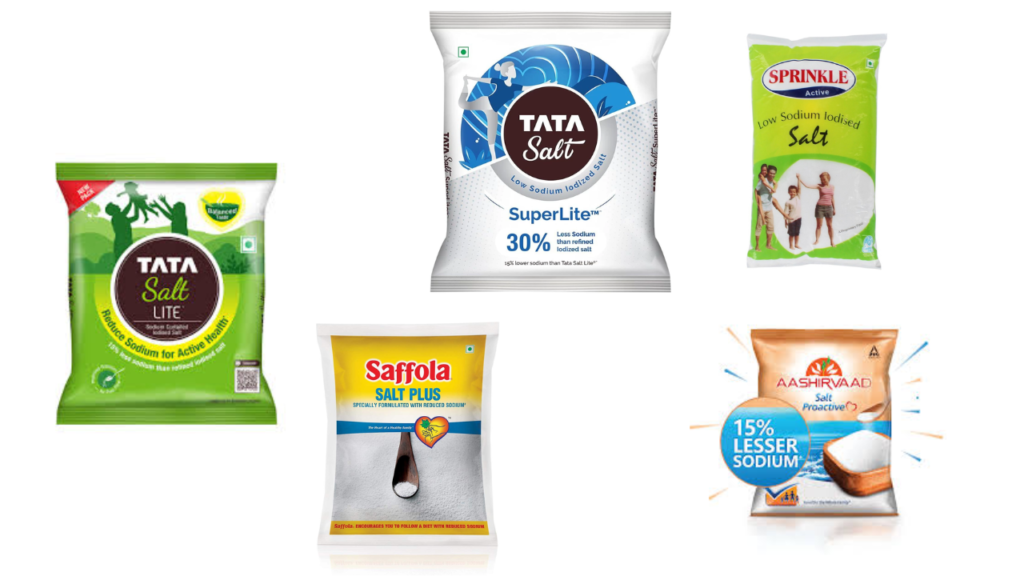
When we say table salt, it is considered as regular salt and it is 100% sodium chloride. Low sodium salts are salt substitutes. As the name suggests these are low in sodium but are higher in potassium content. So, low sodium salts are actually potassium based salts. This may have given you an idea that these salts may be fine for controlling high blood pressure but not for chronic kidney disease.
On the contrary, patients with chronic kidney disease should completely avoid low sodium salt as they can lead to high levels of potassium in the blood which may may to either irregular heart rhythms or even cardiac arrest.
At NutriKonnect, we have one-to-one diet consultation sessions with a comprehensive follow up. You can avail our advance or premium session if you need innvovative recipes for kidney disease. For tasty and healthy kidney – friendly lunch and dinner menus and desserts, you can avail our recipe course, click here to gain access.
If you have any queries related to kidney diet, feel free to post them here . We shall revert back on them soon.

